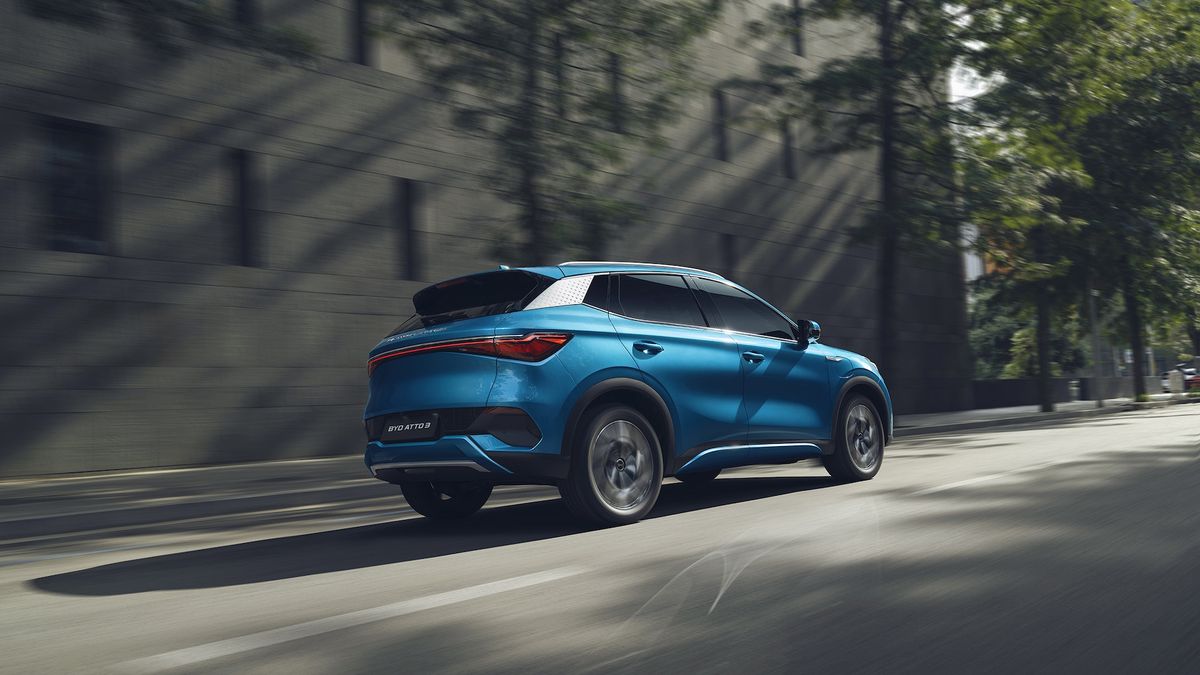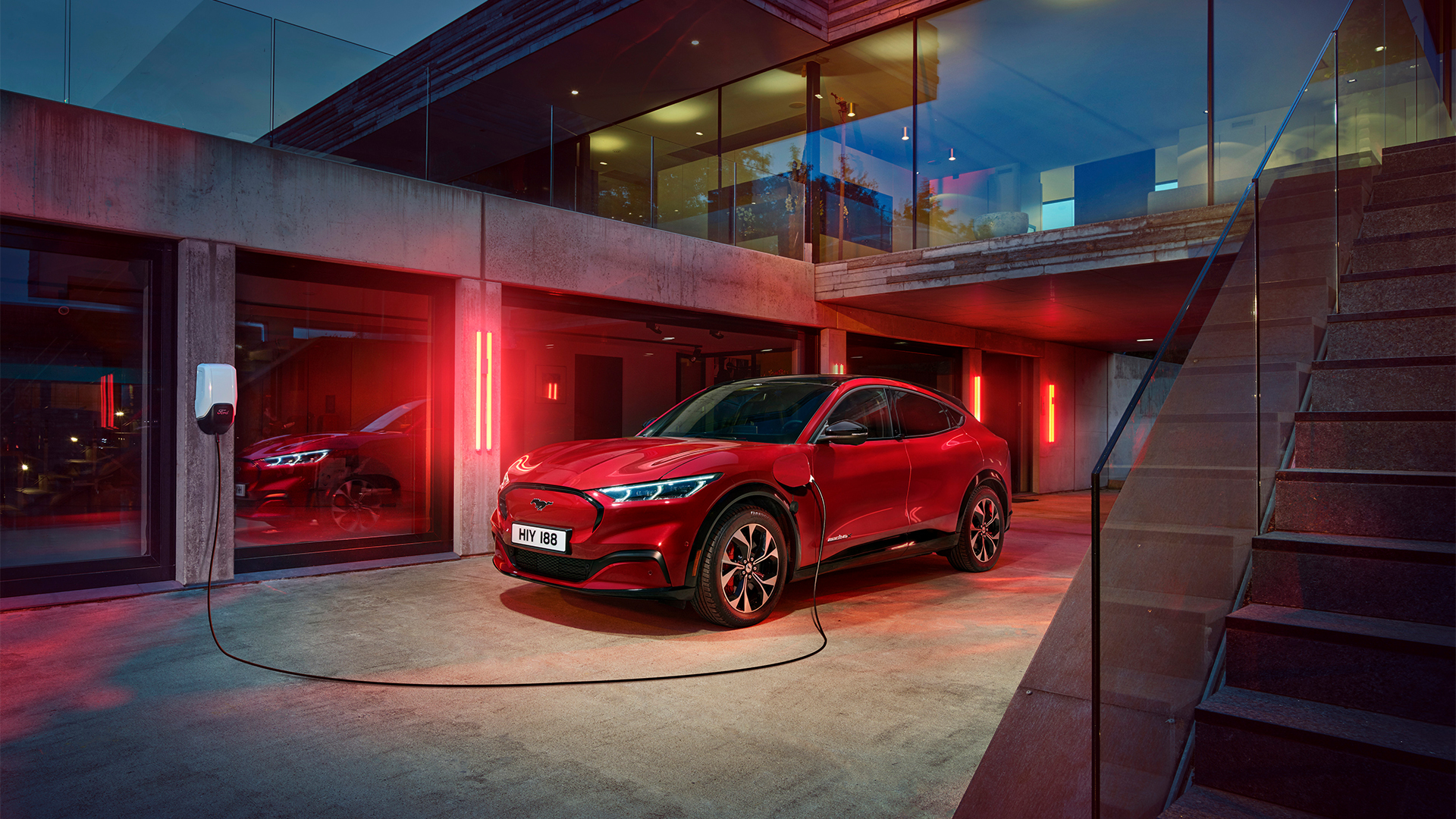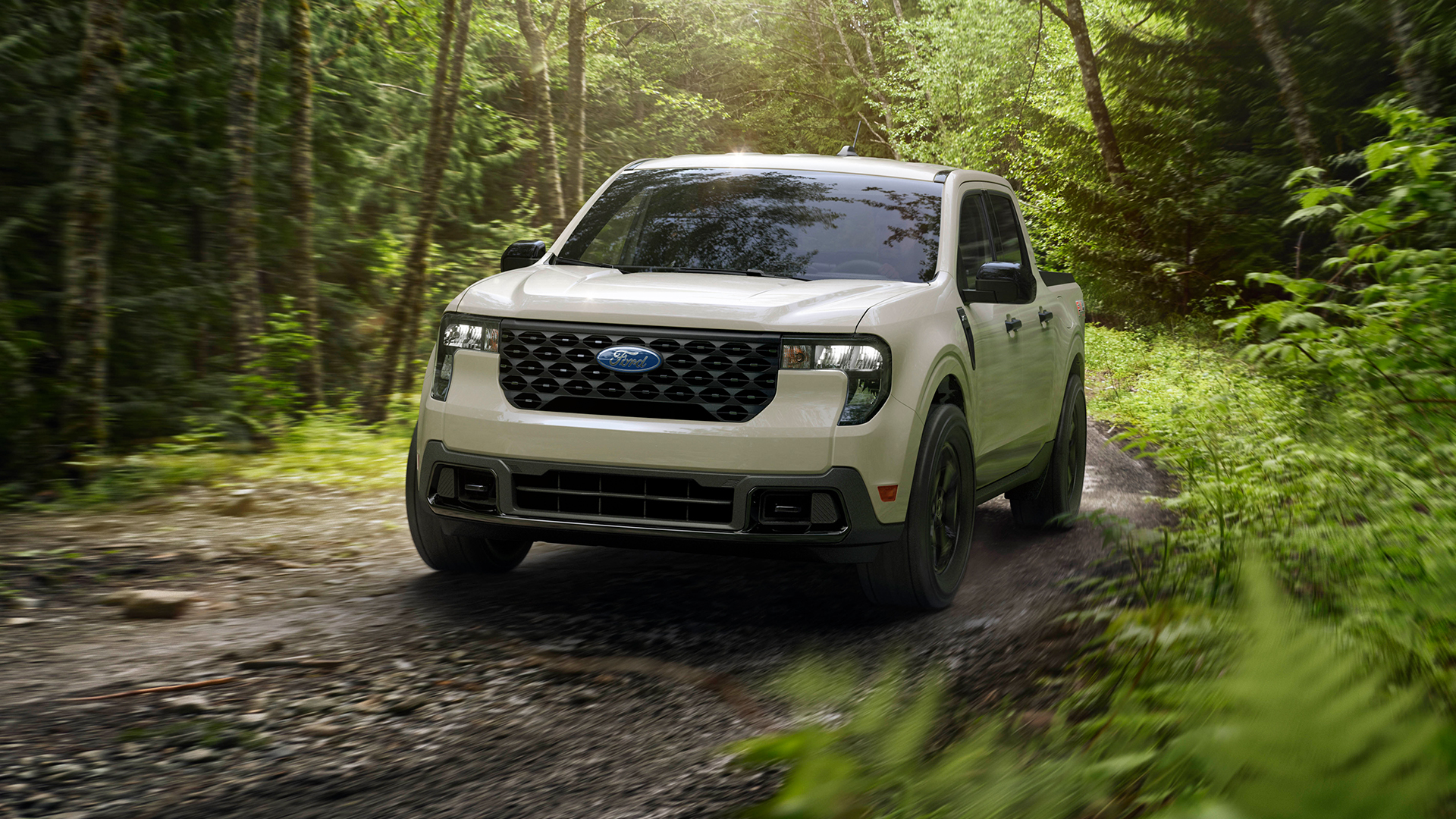US steps up pressure on Chinese electric car imports as it proposes ban on products that pose a threat to national security

The U.S. government continues to pressure Chinese electric vehicle manufacturers, with the Biden administration proposing new rules that could block the sale or import of connected vehicles from China and Russia.
The Department of Commerce, with national security in mind, has proposed a new rule that would ban certain Chinese software and hardware from U.S. roads. This would include the potential ban on new sales, as well as the removal of said hardware and software from existing on-road vehicles.
The move comes after President Biden ordered the Commerce Department to investigate the potential security threat that technology from both China and Russia could pose if remotely manipulated for malicious purposes.
According to ReutersThe new rules would put software bans into effect on 2027 model year vehicles. The hardware ban would go into effect in the 2030 model year, or as early as January 2029.
There is now a 30-day period for interested parties to comment on the proposals, but the Commerce Department hopes to have rules in place by January next year.

The US is taking a hard line on the potential security threat posed by connected technology. According to Jake Sullivan, the White House national security adviser, the US has ample evidence that China is pre-planting malware into critical US infrastructure, the Reuters report found.
Technologies that could be blacklisted include cameras, microphones and GPS equipment made in China, as well as the hardware and software needed to operate more self-driving cars.
Rather than wait for cheaper Chinese electric cars to become widespread in North America, the current administration wants to address the problem before it becomes a problem.
“With potentially millions of vehicles on the road, each with a lifespan of 10 to 15 years, the risk of disruption and sabotage increases dramatically,” Sullivan said at a briefing.
Say goodbye to cheap Chinese electric vehicles

If the proposed legislation becomes law early next year, it will almost certainly be the last hurdle for affordable electric vehicles from brands like BYD, Ora and Nio in the U.S. market.
The Biden administration has already tried to wipe them out of existence, raising tariffs on Chinese-made electric vehicles from 25% to 100% earlier this year. President Biden hoped the move would halt — or at least slow — the threat they pose to the domestic auto market.
But the ban on both Chinese software and hardware could have a bigger impact on the new car market in general. Manufacturers that use the blacklisted technology will be forced to find new suppliers. That will almost certainly lead to delivery delays.
Undeterred by the Biden administration’s mounting pressure, Chinese companies like BYD are exploring the possibility of buying or building new manufacturing sites in Europe, Mexico and Africa, allowing them to avoid taxes and take advantage of trade loopholes.
This renewed focus on national security, however, will make it nearly impossible for Chinese and Russian auto companies to sell vehicles and connected technology in the U.S. The list now expands to include potentially blocked products, including new drones from Chinese manufacturer DJI and certain telecommunications equipment from Huawei and ZTE.
With American automakers reluctant to develop electric vehicles (Ford has delayed the launch of most new battery-powered models), the Biden administration’s recent move is likely to have a dramatic impact on the rate of electric vehicle adoption in the country.
North America is undoubtedly a key market for any emerging automaker, but BYD is already among the top-selling EV makers in Brazil, Mexico and Southeast Asia. It then wants to dominate Europe and South America. That could mean that a U.S. ban will ultimately have only a limited effect on Chinese companies.




